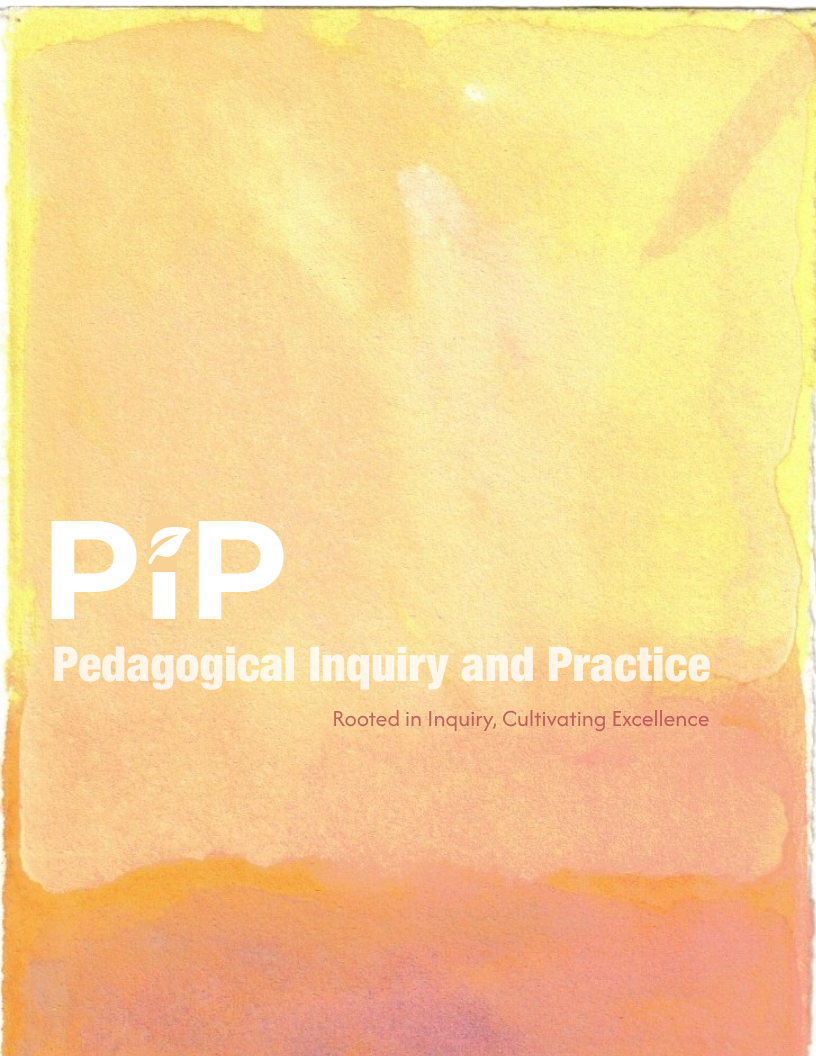Greater Realism in Authentic Assessments Promotes Student Motivation and Engagement
DOI:
https://doi.org/10.31542/869t8m43Keywords:
student engagement, motivation, authentic assessment, high-impact practices, experiential learning, design studiesAbstract
Student motivation is an important predictor of both performance and attitudes toward schoolwork. Higher levels of intrinsic, or autonomous, motivation are facilitated by high-impact teaching practices, including experiential learning and using authentic experiences and evaluations. The present study was inspired by instructor perception that students in their third semester in a four-year undergraduate design program were more engaged with, and more motivated by, one course project over another. Although both projects were authentic assessments, the preferred project had more realism, including real external stakeholders and context. We assessed students’ subjective experience while working with two projects taught in the same course over two years, where the projects varied in level of realism. Phase 1 of the study measured students’ intrinsic motivation for the two projects using a questionnaire based on the Intrinsic Motivation Inventory. Phase 2 of the study again measured students’ intrinsic motivation for the two projects after the less-preferred project was adjusted to be more realistic. This study showed evidence that students experienced higher levels of engagement and intrinsic motivation when working with more realistic projects involving real external stakeholders and context, compared to a project with less realism. Projects with real problems, goals, and outcomes seem to give students a higher sense of autonomy, competence, and relatedness than fictitious ones—improving their self-regulation, engagement, and well-being.
References
Downloads
Published
Issue
Section
Categories
License
Copyright (c) 2025 Pedagogical Inquiry and Practice

This work is licensed under a Creative Commons Attribution-NonCommercial 4.0 International License.


